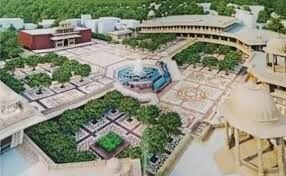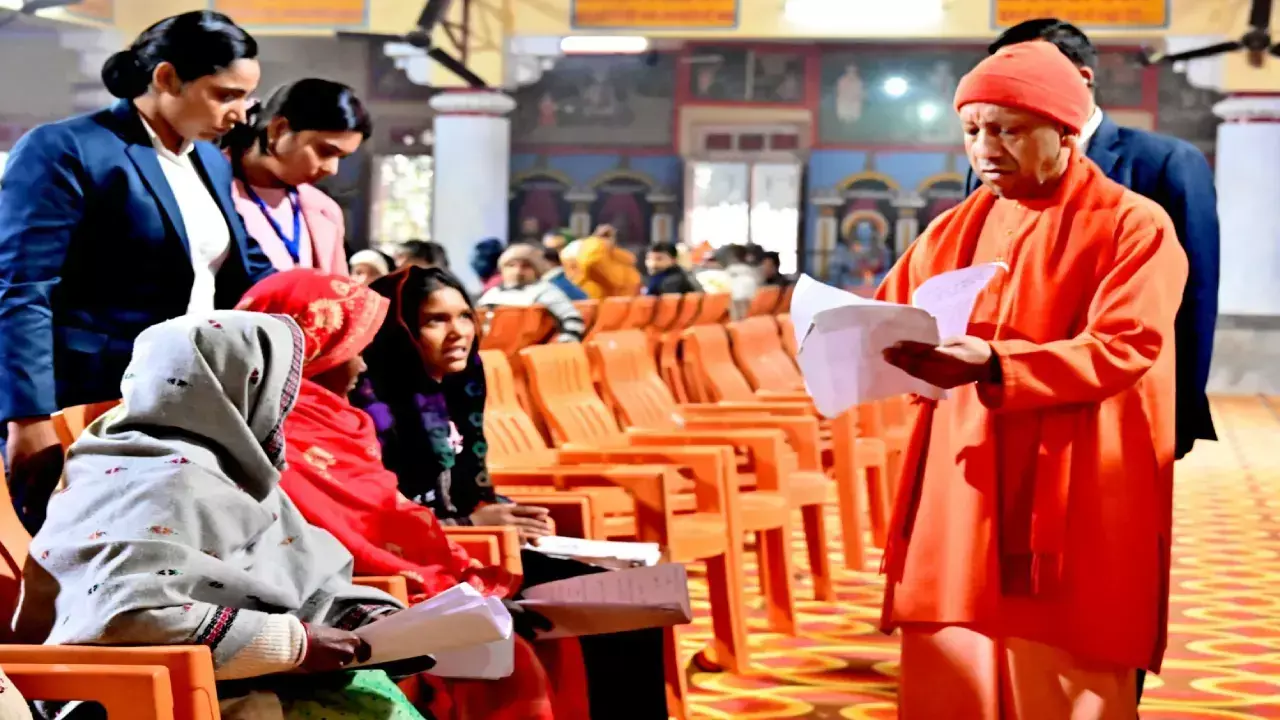The keyman who discovered the malarial mosquito

Not many know that it was Subedar Major Dr P Ratnam Pillai who assisted Dr Ronald Ross in malaria-related research work and was reported to have actually drawn the attention of Dr Ross by pointing out the new type of female Anopheles mosquitoes. But Sir Ross forgot to highlight his remarkable contributions in this great discovery
Franklin Paupens
Born in Madras Presidency in 1863, Dr P Ratnam Pillai, ISMD, did his medicine from the Royapuram Medical School. He migrated to Hyderabad at a young age in 18th Century and joined the Indian Medical Services as a Hospital Assistant, 1902, at the Military hospital, Bolarum, and subsequently at the hospital for Indian Army Officers today known as Sir Ronald Ross Institute, Begumpet.
Dr Pillai served the Indian troops in the Burmese war, won several medals for his meritorious service and was promoted to the rank of Subedar Major. He was awarded The Sword of Honour. Regimental Bazaar in Secunderabad was home to Dr Pillai and his family where he spent his retired life in Secunderabad until his demise in 1943. Dr Pillai’s coffin was draped with British flag and he was laid to rest at Bhoiguda cemetery. His grandchildren even today live in Secunderabad.
Dr Pillai assisted Dr Ronald Ross in ‘malaria’ related research work and is reported to have actually drawn the attention of Dr Ronald Ross by finding and pointing out the new type of female Anopheles mosquitoes. But Ronald Ross who received the Nobel Prize in 1897 for the discovery of the malaria parasite in the Anopheles mosquito failed to highlight the contribution of his Indian assistant Dr P Ratnam Pillai in this research.
Dr P Ratnam Pillai had assisted Sir Ronald Ross in his reach which finally helped to discover that malaria was transmitted by the Anopheles mosquito. He is the person who drew the attention of Sir Ronald Ross of the strange mosquito on the walls of the room. Besides he also collected hundreds of dapple winged anopheles from surroundings of Tank Bund and other localities in the city. He presented all collected mosquitoes to Ronald Ross for his research observations.
Dr DV Subba Reddy, who authored “Indian Journal of the History of Medicine” in 1957, also pointed out, the same. Newspapers dated September 11, 1957, also reported that was Dr Ratnam Pillai who drew Col. Ross attention to the strange type of mosquito.
Dr Pillai’s grandsons Samuel and Franklin who retired from the Railways and granddaughters Shirley and Sheila live in Hyderabad. Sheila recounted her father Charles Paupens telling them that Dr Pillai’s experiences with Ross. Displaying Dr Pillai’s bunch of medals given by the British Government and Nizam of Hyderabad with four feet sword which was used by her grandfather, Sheila Paupens, retired teacher of St. Ann`s High School, Secunderabad, said her family members have been preserving them as their key treasure. Secunderabad celebrated its bi-centenary celebrations in June 2006 and extolled Dr Ratnam Pillai’s work.















